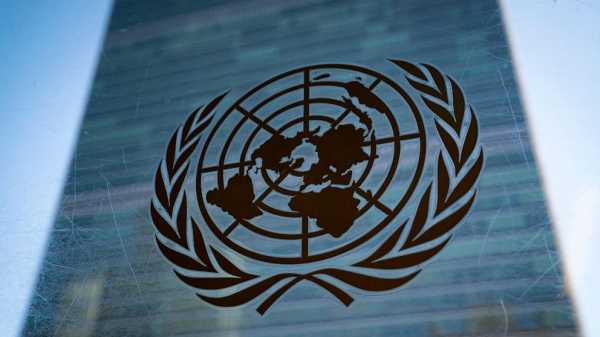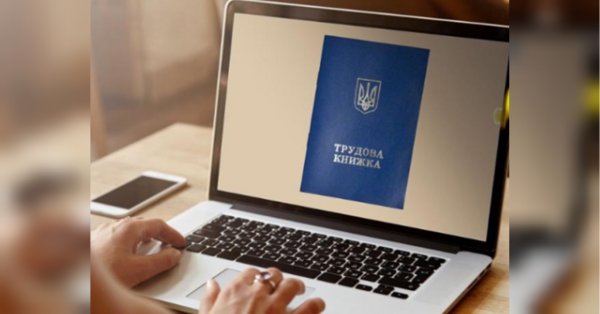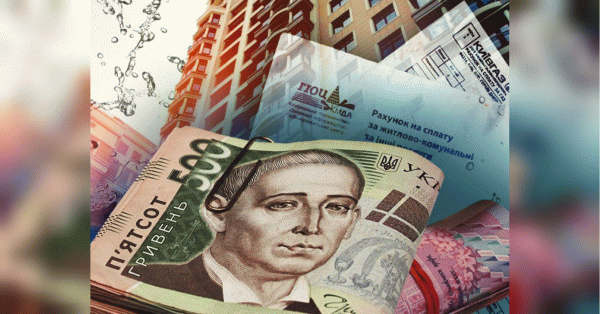
UNITED NATIONS — The Palestinians and many Muslim and non-Muslim supporters sharply disagreed with Israel on Thursday at an emergency U.N. Security Council meeting over the visit of an ultranationalist Israeli Cabinet minister to a flashpoint Jerusalem holy site and its impact.
The Palestinians warned it could lead to another deadly uprising, while Israel dismissed it as “a trivial matter” and “non-event.”
The Palestinian U.N. ambassador, Riyad Mansour, said new Israeli National Security Minister Itamar Ben-Gvir, a West Bank settler leader who draws inspiration from a racist rabbi, didn’t go to visit the site, “but to pursue his extremist view, to end the historic status quo” under which Jews have been allowed to visit but not pray there since Israel captured the area in the 1967 war.
Known to Jews as the Temple Mount and to Muslims as al-Haram al-Sharif, Arabic for the Noble Sanctuary, the site is the holiest in Judaism, home to the ancient biblical temples. Today, it houses the Al Aqsa Mosque, the third-holiest site in Islam. The site has been the scene of frequent clashes between Palestinian protesters and Israeli security forces.
Calling Ben-Gvir “an extremist minister of an extremist state” who was convicted of incitement and is known for his “racist views,” Mansour said the Israeli minister is committed to allowing Jews to pray at al-Haram al-Sharif. He urged the Security Council and all countries to stop this from happening, and “to uphold international law and the historic status quo,” warning that “if they don’t, our Palestinian people will.”
Israeli Ambassador Gilad Erdan, who also visited the Temple Mount as minister of public security in 2017, criticized the Security Council for holding the emergency meeting, saying Ben-Gvir’s 13-minute visit was non-violent and within the status quo and his right as a Jew.
Erdan told reporters that calling the meeting “is an insult to our intelligence” and “pathetic,” and that the council should instead be meeting about the war in Ukraine or Iran’s killing of protesters.
“Israel has not harmed the status quo and has no plans to do so,” Erdan said. “The only side that is changing the status quo is the Palestinian Authority. Why? Because by turning the site into a battleground … the Palestinian Authority is making it clear that not only is Jewish prayer intolerable on the Temple Mount, but so is any Jewish presence.”
“This is pure anti-Semitism,” he added.
Khaled Khiare, the U.N. assistant secretary-general for political and peacebuilding affairs, briefed the council at the start of the meeting, saying that Ben-Gvir’s visit wasn’t accompanied or followed by violence. But, he said, “it is seen as particularly inflammatory,” given the minister’s “past advocacy for changes in the status quo.”
The visit sparked widespread condemnation in the region and internationally “as a provocation that risked sparking further bloodshed,” he said.
Khiare said that U.N. efforts to de-escalate the situation will continue and that “leaders on all sides have a responsibility to lower the flames and create the conditions for calm.”
In September 2000, Ariel Sharon, then Israel’s opposition leader, visited the Temple Mount, which helped spark clashes that led to a full-fledged Palestinian uprising known as the Second Intifada. The Security Council deplored Sharon’s visit, which it called a “provocation.”
Most recently, in April 2021, clashes between Israeli security forces and Palestinian demonstrators in and around the site also fueled an 11-day war with Hamas, which controls the Gaza Strip.
When Ben-Gvir visited the Temple Mount on Tuesday he described it as “the most important place for the Jewish people” and decried what he called “racist discrimination” against Jewish visits to the site.
With the Islamic shrine the Dome of the Rock in the background, he said visits would continue. As for threats from Gaza’s Hamas militant group, Ben-Gvir said in a video clip taken during the visit: “The Israeli government won’t surrender to a murderous organization, to a vile terrorist organization.”
At the emergency meeting, which was called jointly by the Palestinians, the United Arab Emirates, China, France and Malta, all 15 council members expressed concern at Ben-Gvir's visit and the potential fallout, and strongly supported the status quo at Jerusalem's holy sites.
U.S. deputy ambassador Robert Wood underscored the firm support by President Joe Biden for “the historic status quo,” especially the “Haram Al-Sharif/Temple Mount.”
Wood said the United States, which is Israel’s closest ally, noted Prime Minister Benjamin Netanyahu’s platform calling for preservation of the status quo, adding: “We expect the government of Israel to follow through on that commitment.”
Wood also said that the possibility of a two-state solution to the decades-old Israeli-Palestinian conflict must be preserved, “and we must ensure all Israelis and Palestinians enjoy equal measures of freedom, justice, security and prosperity.”
UAE deputy ambassador Mohamed Abushahab, the Arab representative on the council, and Jordanian Ambassador Mahmoud Hmoud, whose country's ruler is custodian of Jerusalem's Islamic and Christian holy sites, both called Ben-Gvir’s act “the storming of Al Aqsa mosque” under protection of Israeli forces. They said it was a “provocative” move that violates the historic and legal status of Jerusalem’s holy sites.
Abushahab said the minister's action further destabilizes the fragile situation in the Palestinian territories, moves the region further away from a path to peace, and threatens to escalate current tensions “and contribute to fueling and stoking extremism and hatred in the region."
Hmoud warned that serious consequences and repercussions could result from any unilateral Israeli measures “that aim to impose new realities on the ground," such as annexing more land, expanding settlements, violating Jerusalem's holy sites or demolishing houses.
Russia's U.N. ambassador, Vassily Nebenzia, expressed “serious concern" at Ben-Gvir's visit and said he hoped the new Israeli Cabinet “will not take the path of escalation" and “create irreversible realities on the ground."
“The explosive developments in Jerusalem once again demonstrate how urgent it is to resolve the Israeli-Palestinian conflict," he said.
He reiterated Russia's call for a ministerial meeting of the so-called Quartet of Mideast mediators — the U.N., U.S., Russia and the European Union — and key regional players to relaunch direct dialogue between Israel and the Palestinians.
Nebenzia said the U.S, has “again and again refused to cooperate in resuming the peace process" under the Quartet, which he called the only internationally recognized mechanism approved by the Security Council.
Sourse: abcnews.go.com






